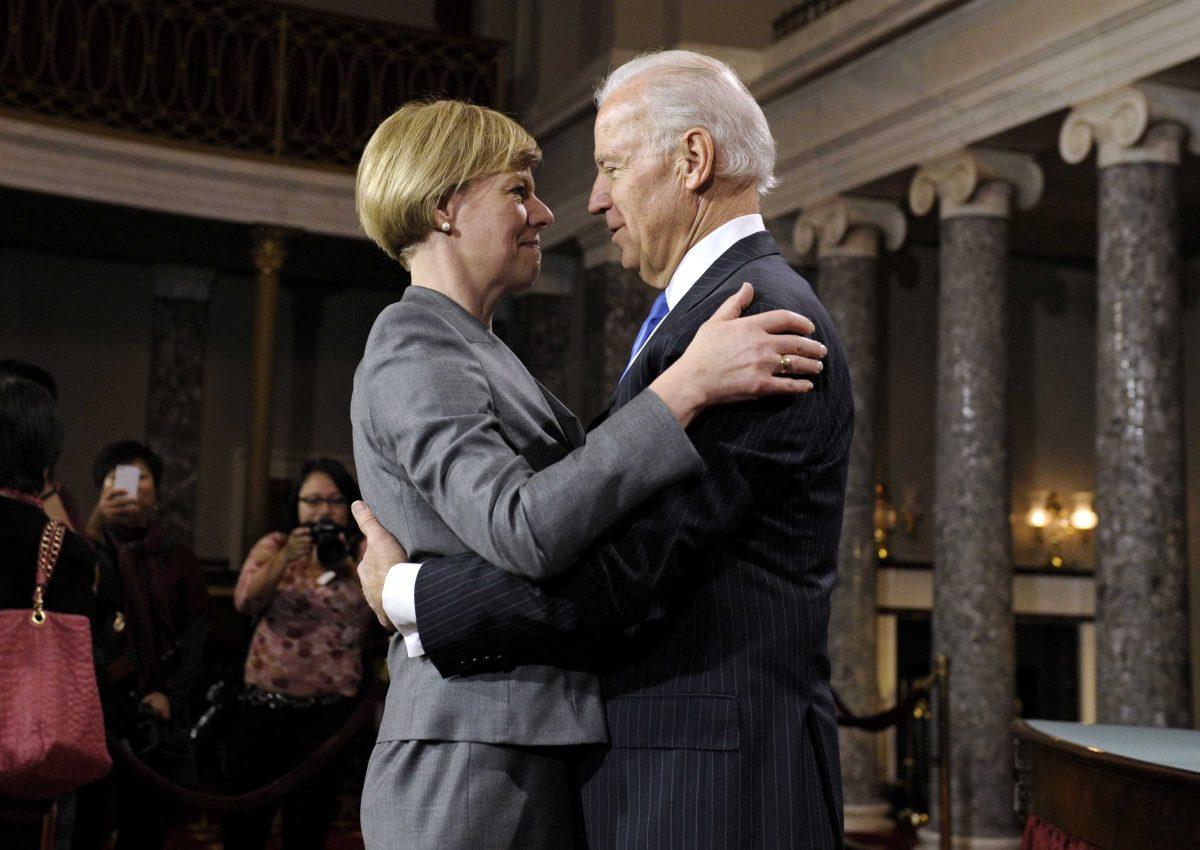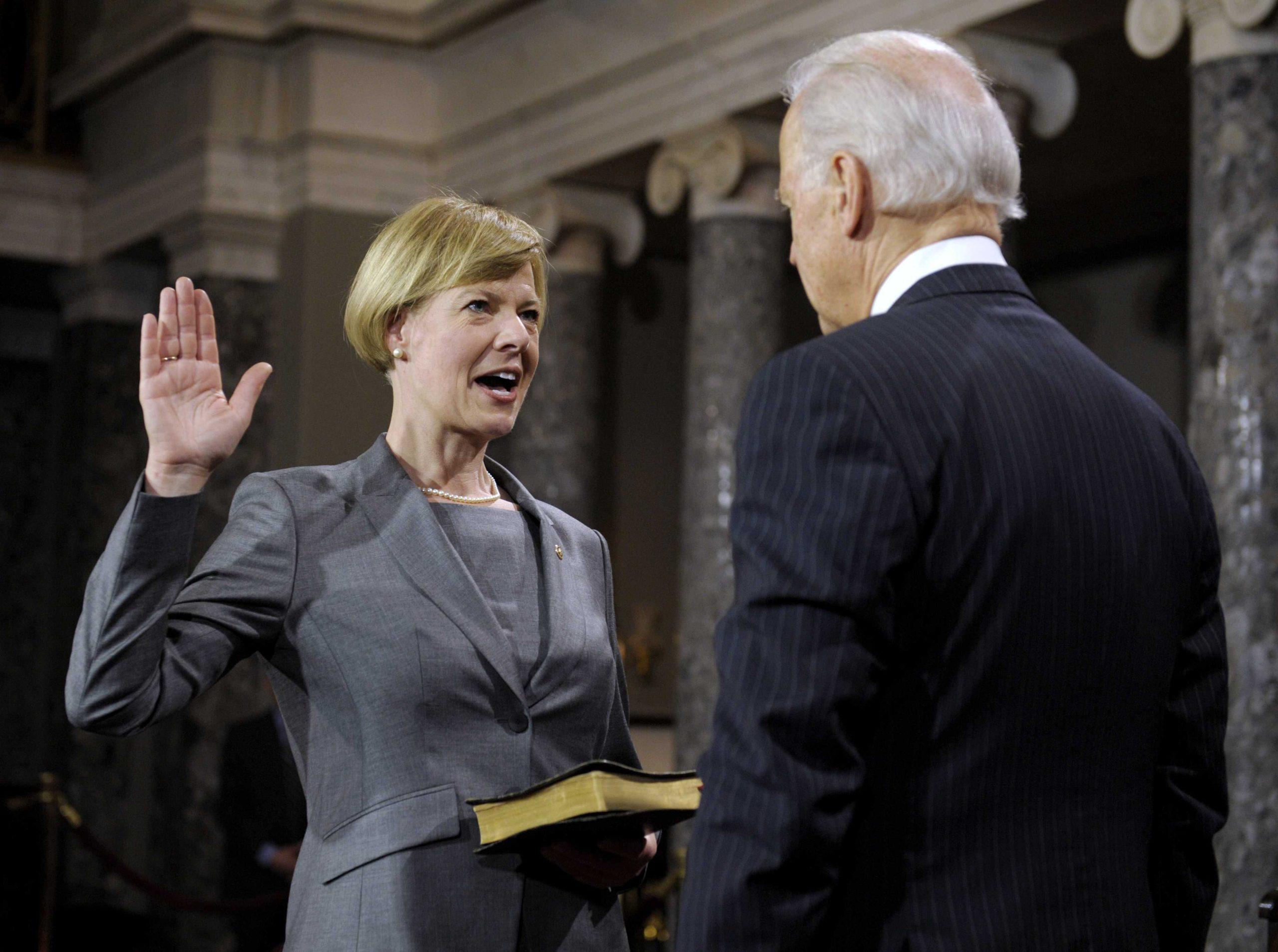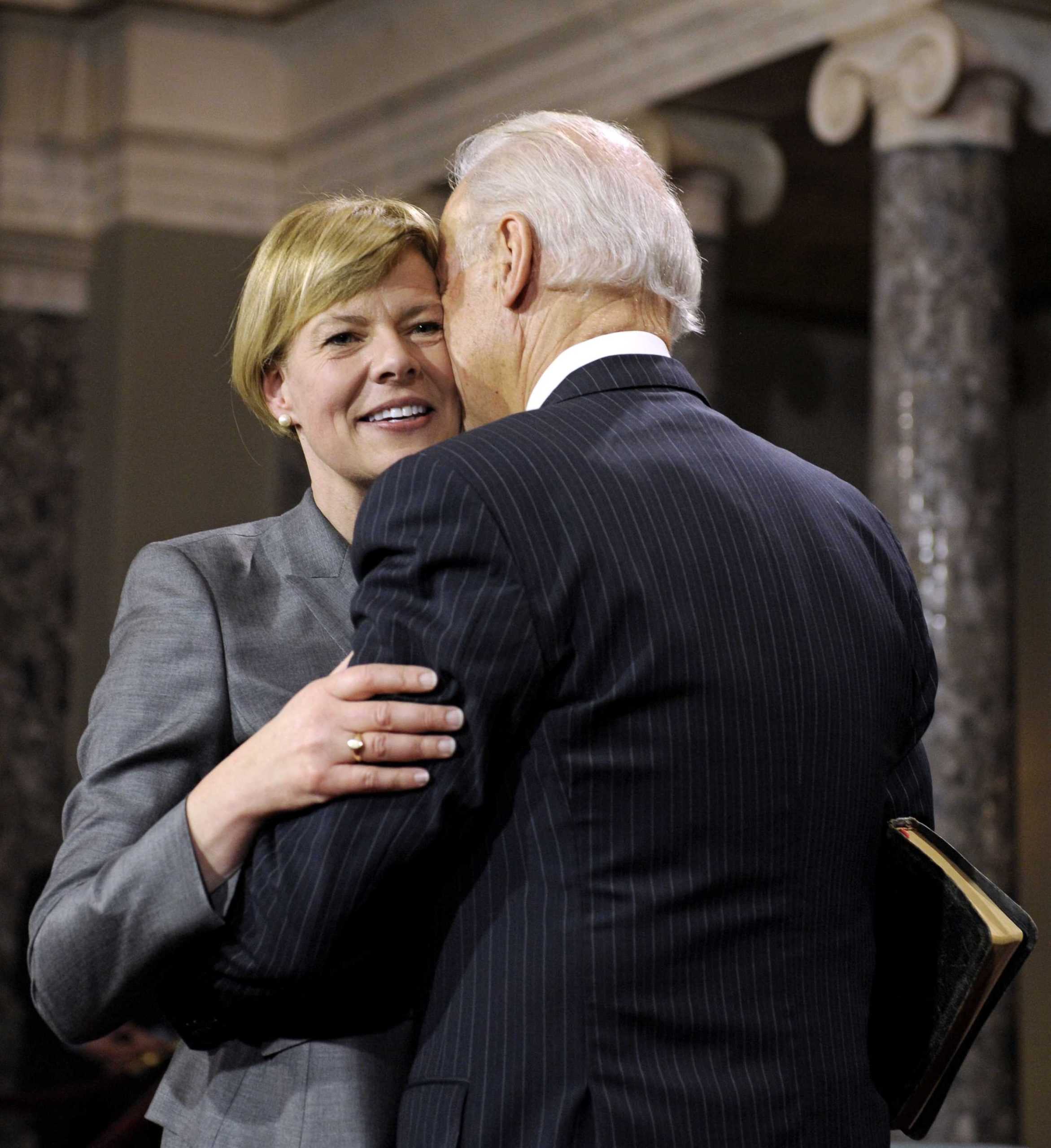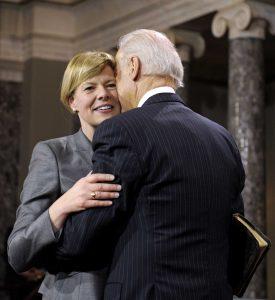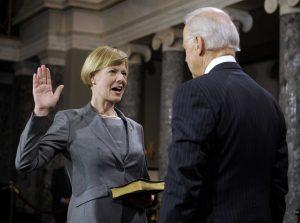As the increasing diversity of the U.S. Senate and House of Representatives slowly changes the face of American politics, some University students and professors say they hope to see continued progress.
According to the House Press Gallery, 42 African-Americans, 81 women, 35 Hispanics, 11 Asian-Americans and three Native American serve in the House of Representatives. One openly gay, one openly bisexual, one Buddhist, one Hispanic senator and five women began serving in January in the Senate.
Trey Toups, biochemistry and French freshman and tabling chair of the Spectrum activism committee, said he is proud of the progress.
“I think it’s really inspiring. Most LBGT people would say this is really encouraging, and it opens up a broader spectrum of opportunity,” Toups said. “It’s amazing to see we have so much diversity compared to what we had before.”
Toups said the legislative branch shows a more open-minded trend in America.
“It shows a cultural shift and modernization. The mentality of the U.S. as a country is opening up,” Toups said.
Director of the LSU Women’s Center Summer Steib said there is still progress to be made.
“While you’ve seen progress on a national level, women still make up 18 percent of the U.S. congress,” Steib said. “Locally, Louisiana is ranked 50th of women in legislature.”
With about 11 percent of the legislature comprised of women, Louisiana ranks last for its percentage of female legislators, according to the Center for American Women and Politics.
“It still hasn’t gotten to the point where census breakdowns are reflected in top levels of congress,” Steib said.
The LSU Women’s Center is taking initiatives to remove barriers to get women elected and has partnered with Running Start and the American Association of University Women to host Elect Her, a program encouraging women in politics and providing them with skills and tools to run campaigns, Steib said.
Wayne Parent, political science professor, said new legislative members could eventually translate into a greater minority
voter turnout.
“Especially in Louisiana, for groups that have been historically shut out of the system, once there is some reward in politics, people are more likely to participate again,” Parent said. “If voters see their vote matters, they are more likely to participate.”
He said the electorate represents how many minorities are voting.
“It’s not just older white men anymore,” Parent said.
Steib said diverse elected leaders can provide insight for political issues.
“The more perspective you can have on any particular issue, particularly big issues in Congress, it translates to more people being heard. Having a more diverse congress is a better picture of what the actual country looks like,” Steib said.
Associate professor of political science Christopher Kenny said this diversity will not necessarily translate into new policy. There needs to be a willingness to work together or a majority for new policy to come to action, he said.
“Having a more diverse congress is a better picture of what the actual country looks like,”



